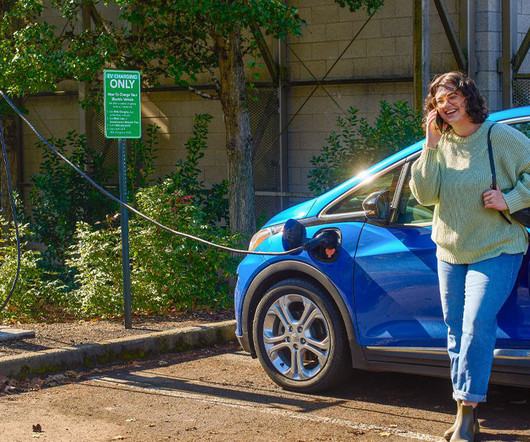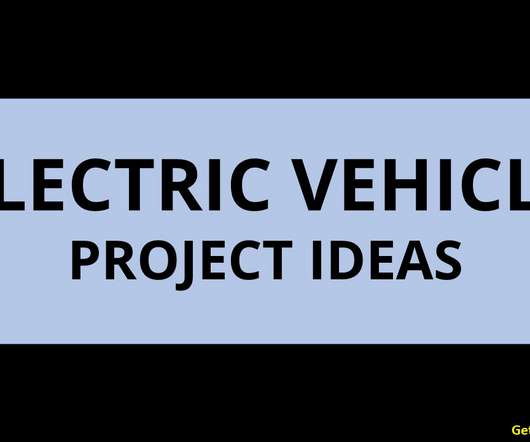CMU study finds small battery PHEVs and gasoline hybrids the least-cost policy solution to reducing gasoline consumption
Green Car Congress
OCTOBER 29, 2012
The federal subsidy significantly favors larger battery packs to a stronger degree than their potential for additional gasoline savings. A 2011 paper by Michalek and colleagues found that strategies to promote adoption of HEVs and PHEVs with small battery packs offer more social benefits (i.e., Peterson and Michalek 2012.






















Let's personalize your content